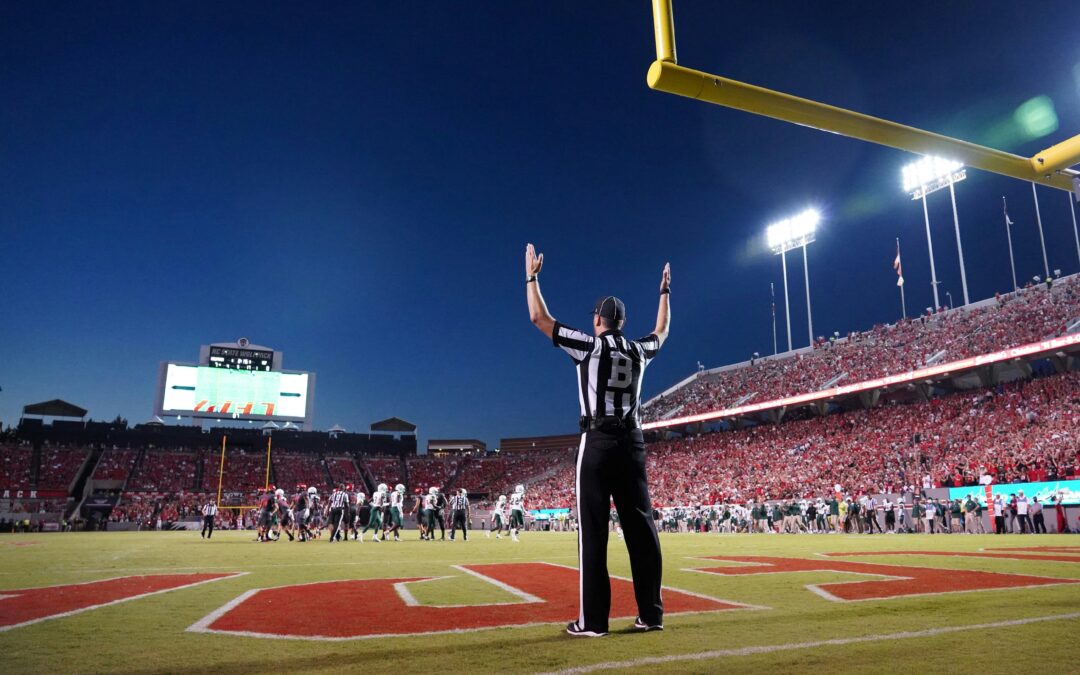OCONOMOWOC, Wis. — The Wisconsin Institute for Law & Liberty (WILL) has filed a federal lawsuit on behalf of Jordan Cernek, a former teacher in the Argyle School District, alleging that Cernek’s Title VII rights, as well as his First Amendment right to free exercise of religion under the U.S. Constitution and Article I, Section 18 of the Wisconsin Constitution, were violated.
The Argyle School District implemented a policy in August 2022 requiring staff members to use the preferred names and pronouns of transgender students. After voicing his religious objections to this policy, Cernek’s contract was not renewed, effectively terminating his employment.
“WILL is proud to fight for individual liberties guaranteed by the Constitution and federal law,” said WILL Deputy Counsel Luke Berg. “There is no room for religious discrimination in our communities. It’s critical that we defend those across the country seeking to exercise their religion freely in America.”
“Freedom of religion is a core liberty that our nation and our state was founded on,” said WILL Associate Counsel Lauren Greuel. “Winning this case is critical, not just for our client, but for everyday Americans across the country.”
“The district policy would force me to betray my conviction and commitment to God,” Cernek said. “I did everything within my power to accommodate the needs of my students, without acting in bad faith.”
Cernek initially received an accommodation from District Administrator Mike Beranek, allowing him to avoid referring to the student by name. However, this accommodation was rescinded after two months, and Cernek continued to act according to his previous accommodation. Six months later, his teaching contract was not renewed allegedly due to his religious convictions.
The lawsuit argues that Cernek’s dismissal violates the First Amendment, Title VII of the Civil Rights Act of 1964, and Article I of the Wisconsin Constitution. Title VII prohibits employment discrimination based on religion. The First Amendment guarantees Cernek the freedom to live according to his religious beliefs, while the Wisconsin Constitution provides additional support for religious liberties.
WILL contends that Cernek’s contract was not renewed solely due to his religious convictions, constituting discrimination. The institute is advocating for Cernek, emphasizing the importance of protecting religious freedoms and preventing discrimination based on religious beliefs in the workplace.
The outcome of this case could have significant implications for religious liberties and employment practices nationwide.










